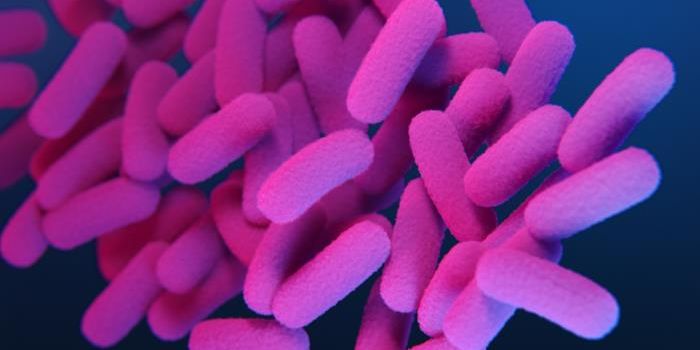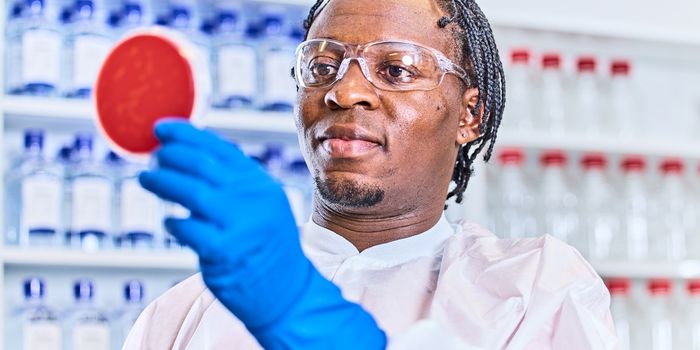Novel Pathogens Identified in Cow's Milk and Beef
Researchers in Germany have identified a new pathogen in healthy cows, cow's milk, and products containing cow's milk. The scientists at the German Cancer Research Centre (DKFZ) have called these previously unknown microbes Bovine Milk and Meat Factors (BMMFs), which may be causing inflammation or potentially, some types of cancer.
While there is much more work to be done, at this preliminary stage, the scientists have hypothesized that infants become infected with BMMFs before their immune system has fully matured, in the first year of life. They've suggested that it's important to only give children cow's milk once their immune system is prepared. The effects of the infection take many years to manifest and may cause low-grade, chronic inflammation.
The BMMF pathogens have similarities to both viruses, which need a host and the machinery in host cells to survive, and bacteria, which have the biological tools to survive on their own. The DKFZ researchers suggested that they are a new type of pathogen, and have classified BMMFs as 'plasmidomes' - genetic material that is accompanied by proteins. BMMFs are single-stranded DNA elements with a ringed shape, and they have sequences that are similar to some types of bacterial plasmids, which can exist outside of a genome, replicate on their own, and move between organisms. Some BMMFs are more similar to circular, single-stranded viral genomes.
More than 120 different BMMF DNAs have been isolated from cow’s milk found on the market, and in healthy cattle serum. Various types of BMMFs have been shown to be capable of replication in human cells. Serum antibodies that show the human body reacting to the pathogen have been found in 350 people, including healthy individuals and cancer patients. While BMMF DNA sequences have been identified in cells, none have yet been found in tumors.
The German Federal Institute for Risk Assessment (BfR) and Max Rubner-Institut (MRI) have decided that there hasn't been enough data available to assess BMMFs as a potential cancer risk factor. The possibility of a connection should, however, now be investigated.
Research has already established that the consumption of red meat raises the risk of colon cancer. This work has suggested that the BMMF pathogens may cause chronic inflammation breast and colon cells, leading to malignancy decades later. Rates of colon and breast cancer have correlated with the geographic distribution of meat and milk consumption. BMMFs may not cause cancer directly, noted the researchers; they may produce an environment that is conducive to cancer growth.
Learn more about this work from the video.









